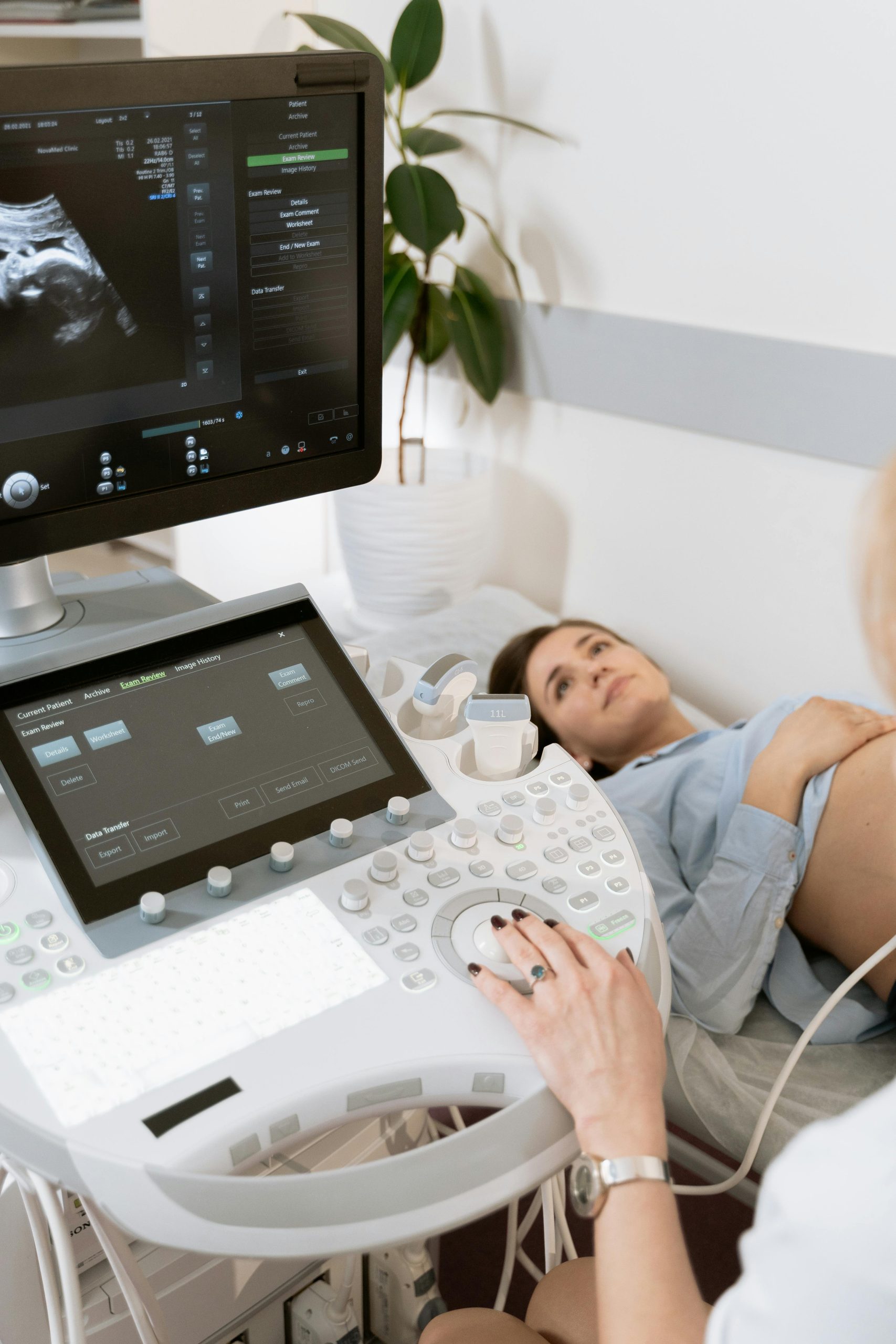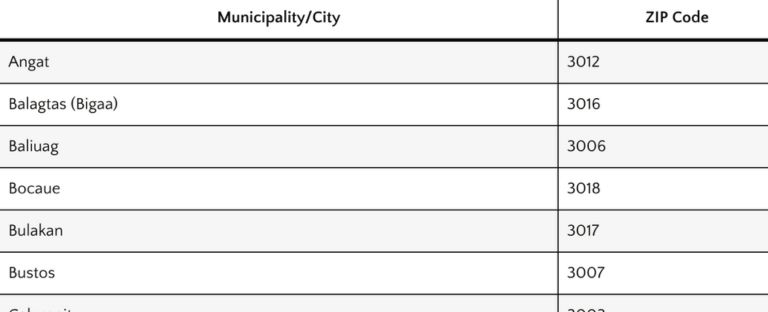
Experiencing bloating during early pregnancy is a common symptom that many women encounter. While it can be uncomfortable and distressing, understanding its causes and implementing effective management strategies can help alleviate the discomfort. In this blog post, we will delve into the reasons behind bloating during early pregnancy and provide practical tips to mitigate its effects.
What Causes Bloating in Early Pregnancy?
During the early stages of pregnancy, hormonal changes and physical adaptations in the body can contribute to bloating. Here are the key factors responsible for this symptom:
a. Hormonal Changes: Elevated levels of progesterone, a hormone crucial for maintaining a healthy pregnancy, can slow down digestion and relax the muscles in the gastrointestinal tract. This can lead to a buildup of gas and bloating.
b. Increased Blood Volume: Pregnancy causes an increase in blood volume, which can result in water retention and bloating.
c. Constipation: Hormonal fluctuations and the pressure exerted by the growing uterus can slow down bowel movements, leading to constipation. This can cause bloating and discomfort.
Tips for Managing Bloating
a. Stay Hydrated: Drinking an adequate amount of water can help prevent water retention and promote regular bowel movements, reducing bloating.
b. Eat Smaller, Frequent Meals: Consuming smaller meals throughout the day instead of large ones can ease digestion and minimize bloating.
c. Choose Fiber-Rich Foods: Incorporate fiber-rich foods like whole grains, fruits, and vegetables into your diet. Fiber aids digestion, helps prevent constipation, and reduces bloating.
d. Exercise Regularly: Engaging in light to moderate physical activity, such as walking or prenatal yoga, can stimulate digestion and relieve bloating.
e. Avoid Trigger Foods: Identify foods that tend to cause bloating or gas and try to avoid or limit their consumption. Common culprits include carbonated drinks, fried foods, spicy dishes, and certain vegetables like cabbage and broccoli.
f. Be Mindful of Eating Habits: Chew food thoroughly and eat slowly to aid digestion. Avoid swallowing excess air by not drinking through a straw or chewing gum.
g. Consider Probiotics: Probiotic supplements or foods can promote a healthy gut environment and aid digestion, potentially reducing bloating.
When to Consult a Healthcare Provider
While bloating is generally a normal part of early pregnancy, there are instances where it might indicate an underlying issue. Contact your healthcare provider if you experience any of the following:
- Severe or persistent bloating accompanied by severe pain
- Vomiting or diarrhea
- Blood in your stool
- Rapid weight gain or swelling of the extremities
- Decreased urine output
Sources:
- Mayo Clinic: “Pregnancy week by week” Source: https://www.mayoclinic.org/healthy-lifestyle/pregnancy-week-by-week/expert-blog/bloating-and-pregnancy/bgp-20302448
- American Pregnancy Association: “Gas and Bloating During Pregnancy” Source: https://americanpregnancy.org/pregnancy-health/gas-and-bloating-during-pregnancy-5717/
- WebMD: “Early Pregnancy Symptoms” Source: https://www.webmd.com/baby/guide/pregnancy-am-i-pregnant#1
Experiencing bloating during early pregnancy can be uncomfortable but is usually a normal part of the process. Understanding the causes and implementing practical management strategies can help alleviate this symptom. By staying hydrated, eating smaller meals, incorporating fiber-rich foods, exercising regularly, and being mindful of eating habits, you can effectively manage bloating. Remember, if you have any concerns or experience severe symptoms, it’s essential to consult with your healthcare provider for appropriate guidance.












